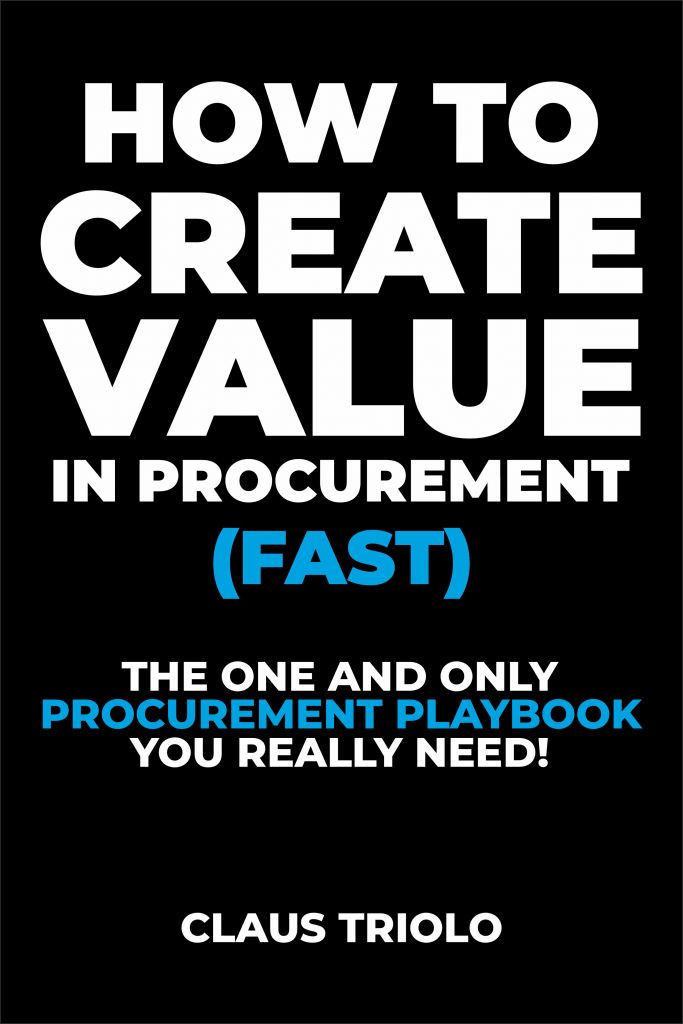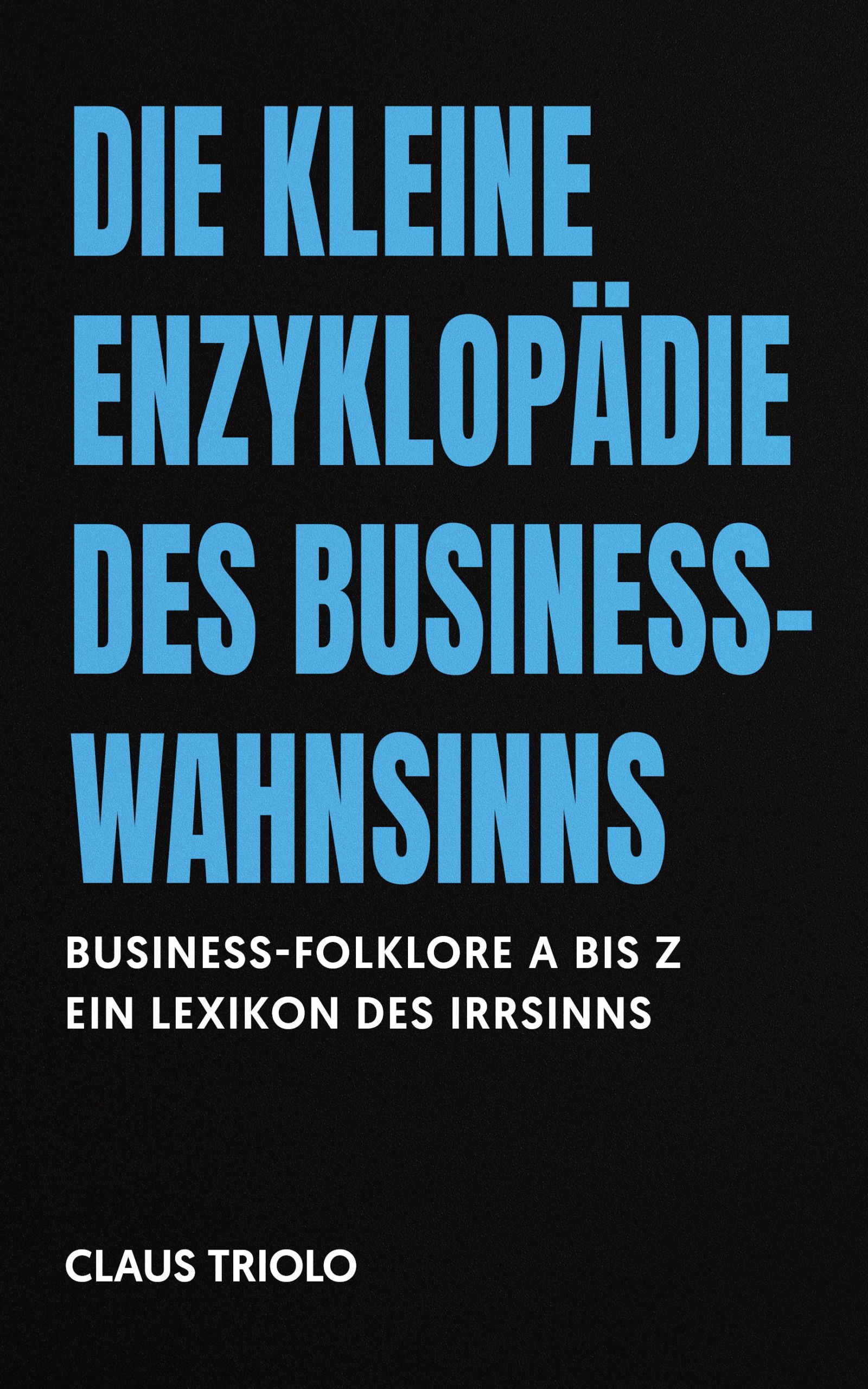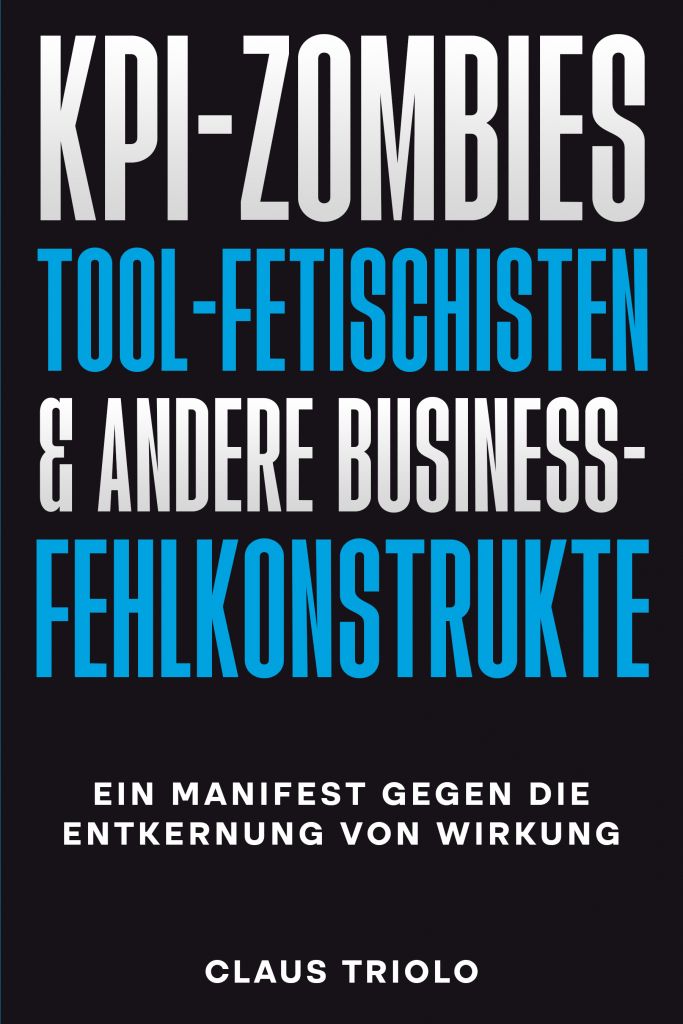The emergence of Artificial Intelligence (AI) in the realm of procurement has ignited both fervent enthusiasm and fervid apprehension. As a seasoned procurement executive with over three decades of multifaceted experience, traversing industries, companies, and continents, the integration of AI into procurement practices warrants a meticulous examination. In this analytical discourse, we delve into the contentious landscape of AI adoption in procurement, dissecting its perceived benefits, risks, and transformative potential, all while maintaining a discerning eye on the pragmatic realities of its implementation.
Proponents of AI in procurement espouse a multitude of potential benefits, ranging from enhanced efficiency to strategic empowerment. At its core, AI promises to revolutionize traditional procurement processes by automating routine tasks, optimizing resource allocation, and facilitating data-driven decision-making. For a procurement executive adept in navigating the intricate web of supply chains and vendor relations, the prospect of AI-driven insights offers an enticing opportunity to streamline operations and bolster strategic initiatives. Furthermore, the prospect of curbing maverick buying through AI-driven analytics presents a game-changing avenue for cost containment and risk mitigation, resonating particularly with executives well-versed in transformational leadership.
However, amidst the allure of AI-driven optimization lies a labyrinth of inherent risks and challenges. The deployment of AI in procurement necessitates a nuanced understanding of data integrity, algorithmic bias, and cybersecurity vulnerabilities. As a seasoned practitioner attuned to the intricacies of procurement dynamics, the specter of over-reliance on AI algorithms looms large, potentially overshadowing the human intuition and experiential insights indispensable in negotiating complex supplier contracts and navigating geopolitical uncertainties. Moreover, the proliferation of AI in procurement may exacerbate socio-economic disparities, as smaller vendors and niche suppliers struggle to adapt to the technological paradigm shift, underscoring the imperative for ethical stewardship and equitable implementation strategies.
In light of these multifaceted considerations, the convergence of AI and procurement beckons a strategic recalibration, one that marries technological innovation with pragmatic foresight. As a proponent of transformational leadership, the imperative lies in leveraging AI as a complementary tool rather than a panacea, harnessing its analytical prowess to augment, rather than supplant, human expertise. To this end, the cultivation of a symbiotic ecosystem, wherein AI algorithms augment the strategic acumen of procurement professionals, holds the promise of unlocking unprecedented efficiencies and strategic insights. By embracing a hybrid model that harmonizes human ingenuity with AI-driven analytics, procurement executives can navigate the tumultuous terrain of digital transformation with confidence, catalyzing a paradigm shift that transcends conventional boundaries.
“In the ever-evolving landscape of procurement, innovation is not a luxury but a necessity. Just as AI revolutionizes our processes, let us harness its power to elevate our strategic vision, drive efficiencies, and navigate the complexities of modern supply chains with confidence and clarity.”
Claus Triolo, The Procurement Rainmaker™
In the crucible of procurement, the integration of AI heralds both a boon and a bane, a paradoxical nexus of promise and peril. As a seasoned procurement executive with an indelible legacy of transformative leadership, the onus lies on embracing this paradigm shift with an unwavering commitment to pragmatism and perspicacity. By embracing the transformative potential of AI while remaining steadfast in safeguarding ethical integrity and human-centric values, procurement executives can chart a course towards a future wherein innovation and intuition converge, transcending the constraints of conventional wisdom. In this journey of exploration and evolution, let us not forget the paramount importance of having fun amidst the challenges and complexities, for therein lies the true essence of leadership – to navigate the unknown with audacity, acumen, and a dash of irreverent humor.
In essence, the personal takeaway from this critical analysis of AI in procurement is a nuanced perspective that leans towards a pro-AI stance, albeit with caution and strategic foresight. As a seasoned procurement executive, the discourse underscores the transformative potential of AI in optimizing operational efficiency, curbing maverick buying, and unlocking strategic insights. However, it also highlights the need for vigilant oversight to mitigate risks such as data integrity, algorithmic bias, and socio-economic disparities.
The takeaway suggests that while AI presents a compelling opportunity for revolutionizing procurement practices, it is not a one-size-fits-all solution. Rather, it calls for a balanced approach that harnesses AI as a complementary tool to augment human expertise, rather than replace it entirely. It advocates for a strategic recalibration wherein procurement executives embrace AI as a catalyst for innovation, while retaining a firm grasp on ethical stewardship and human-centric values.
Ultimately, the takeaway is a call to action for procurement executives to embrace the transformative potential of AI with pragmatism and perspicacity, navigating the evolving landscape of digital transformation with audacity, acumen, and a touch of irreverent humor. It suggests that while AI may indeed represent the new normal in procurement, its integration should be approached with a discerning eye towards safeguarding ethical integrity and maximizing strategic value.
“AI is probably the most important thing humanity has ever worked on. I think of it as something more profound than electricity or fire.”
Sundar Pichai, CEO of Google
Upon concluding our examination of the intersection between AI and procurement, it is evident that the procurement landscape is undergoing significant transformation fueled by technological advancements. As seasoned procurement executives, the challenge before us lies in navigating this evolving terrain with prudence, insight, and a steadfast commitment to foresight.
Upon reflection, it becomes apparent that while AI presents promising opportunities to optimize procurement processes and unveil strategic insights, its integration necessitates a delicate balance between innovation and ethical consideration. Embracing the transformative potential of AI demands a steadfast focus on human-centric values essential for effective leadership.
As we transition from theoretical discussions to the practical domain of procurement leadership, a pertinent question arises: who possesses the expertise and dedication to navigate this evolving procurement landscape? For further insights and discussions, feel free to schedule a virtual appointment.
“I think we should be very careful about artificial intelligence. If I were to guess at what our biggest existential threat is, it’s probably that.”
Elon Musk, CEO of SpaceX and Tesla



















